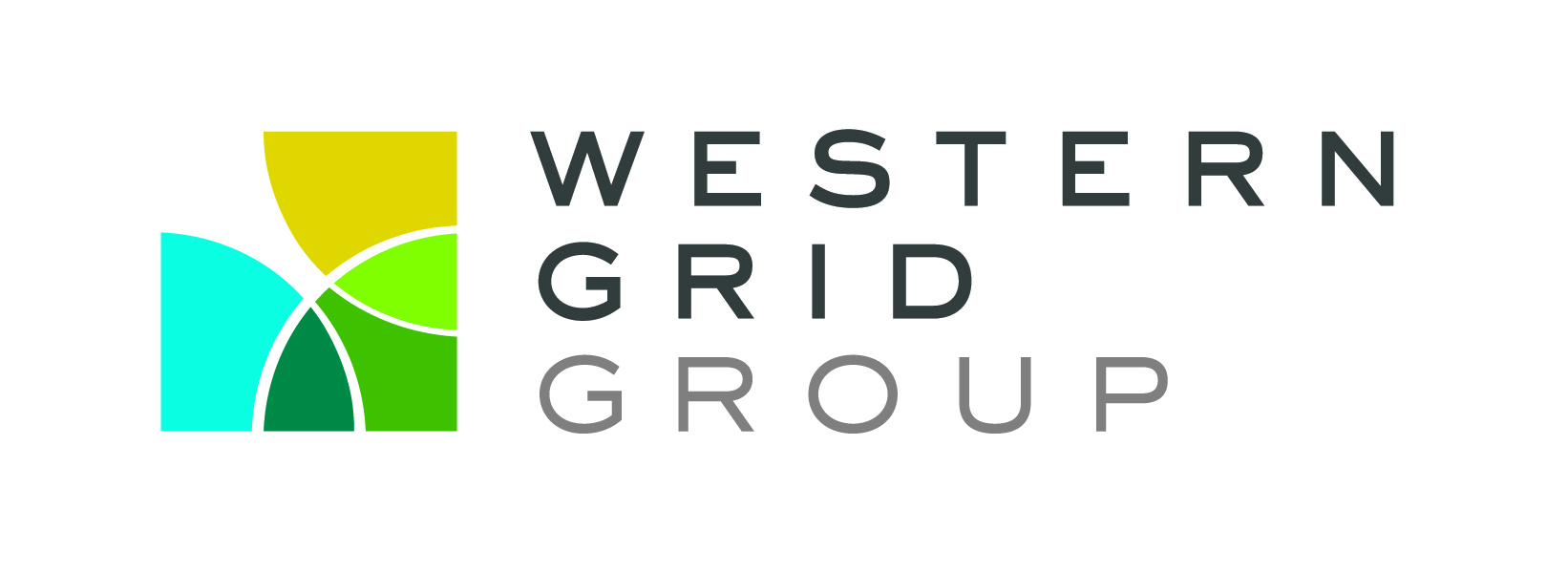There are many pathways toward a cleaner energy future. Economic conditions, environmental constraints, global competition, technology and manufacturing cost reductions, state and local policies and incentives all will help determine the composition of optimal clean energy portfolios and the timing in which different resources can cost-effectively be added.
Of these, state and local policies are the factors that citizens, consumers and regulators have most ability to influence. This is where Western Grid Group and WCEA focus. Current policies encourage exploiting fossil fuels, while ignoring their social and environmental costs and financial risks. These same policies discourage and complicate the procurement, transmission access and utilization of low marginal cost energy resources, including renewables, energy efficiency, distributed generation, storage and peak-shifting technologies.
There are initiatives underway across the west to remove policy barriers in the way of greater and more economic use of clean resources, in individual states, among utility companies, and at WECC. Among other venues, WCEA is engaged in Regional Transmission Expansion Planning (RTEP) with WECC to this end. The Regulatory Assistance Project/WGG Clean First policy proposal outlines a comprehensive approach to restructuring regulatory policies to give priority to clean energy development.
